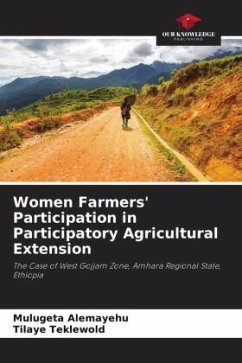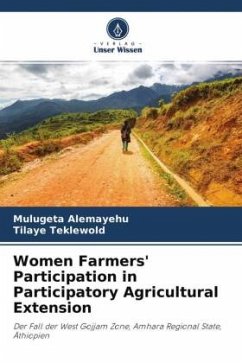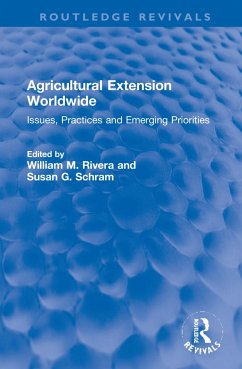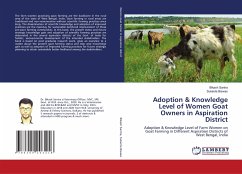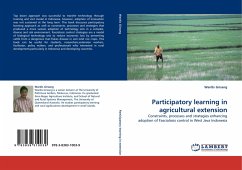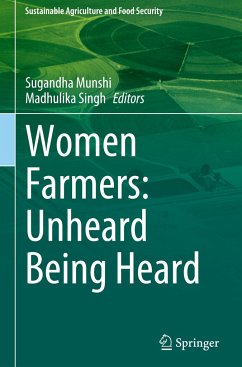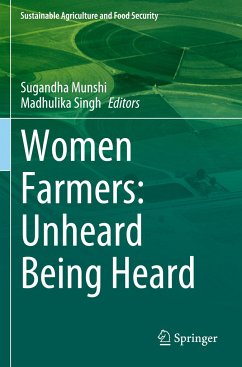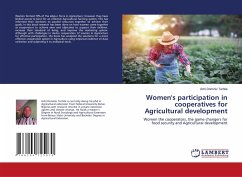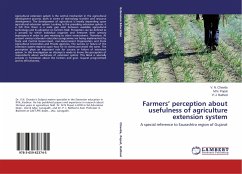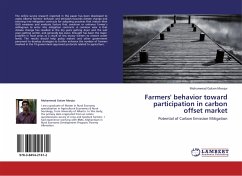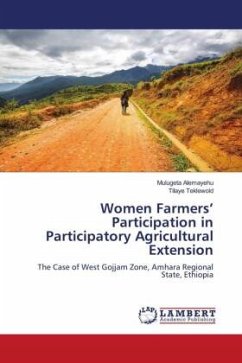
Women Farmers' Participation in Participatory Agricultural Extension
The Case of West Gojjam Zone, Amhara Regional State, Ethiopia
Versandkostenfrei!
Versandfertig in 6-10 Tagen
29,99 €
inkl. MwSt.

PAYBACK Punkte
15 °P sammeln!
Agriculture is the mainstay of Ethiopia's economy and the source of income for many people. Over 67% of Ethiopians are engaged in subsistence and rain-fed farming and very traditional livestock production. The present and past governments have taken various measures to address agricultural production constraints, increase production and income, and thereby improve the livelihoods of farmers. Among others, improving the quality of extension services through training, input delivery (improved seeds and breeds of livestock, fertilizers, and other chemicals) credit access, and increased number of ...
Agriculture is the mainstay of Ethiopia's economy and the source of income for many people. Over 67% of Ethiopians are engaged in subsistence and rain-fed farming and very traditional livestock production. The present and past governments have taken various measures to address agricultural production constraints, increase production and income, and thereby improve the livelihoods of farmers. Among others, improving the quality of extension services through training, input delivery (improved seeds and breeds of livestock, fertilizers, and other chemicals) credit access, and increased number of extension workers are some of the actions taken by the governments over the years. Despite all the policy measures and the emerging opportunities, the agricultural extension system has been constrained by multiple challenges and often perceived as an extended arm of the state, and less as a useful service provider. The government agricultural extension system needs to be reorganized and strengthened in such a way that it gives space for pluralistic advisory services while still fostering the efficiency, effectiveness,and inclusiveness of the public agricultural extension services.



